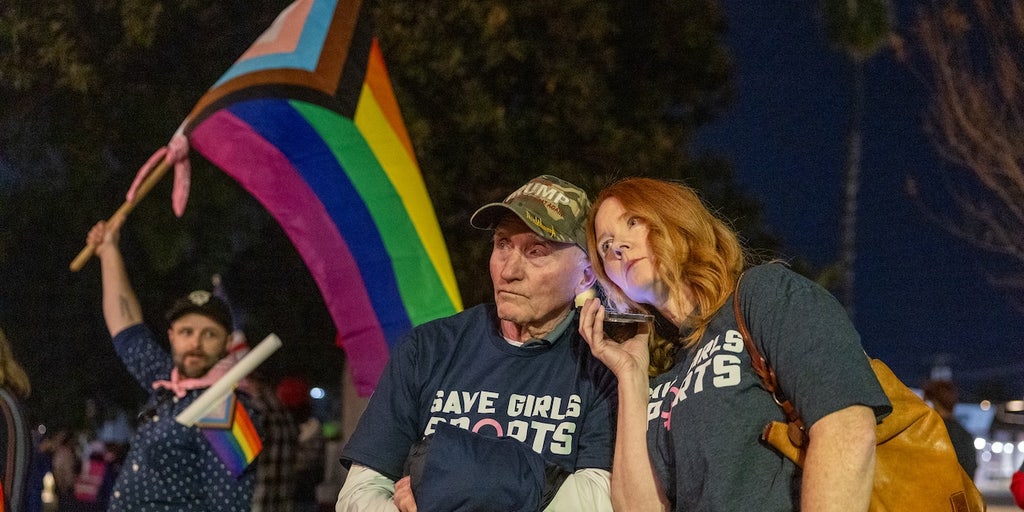Courts Challenge Trump's Executive Orders on Federal Government Restructuring

Courts are temporarily blocking several of President Trump's executive orders aimed at restructuring the federal government, leading to multiple lawsuits and judicial rulings against his initiatives.
The courts are stalling some of President Donald Trump's initiatives aimed at rapidly reshaping the federal government. In his early weeks in office, Trump signed over 50 executive orders targeting various aspects such as birthright citizenship and the housing of transgender inmates.
These executive orders sparked over two dozen lawsuits, resulting in temporary halts to some of Trump's actions. On a recent Thursday, multiple decisions were handed down by courts to this effect. Two labor unions also filed a lawsuit against the Trump administration concerning its efforts to dismantle the U.S. Agency for International Development.
Among the controversial orders halted by the courts was a directive allowing Elon Musk's Department of Government Efficiency (DOGE) to access the federal payment and collections systems. Retirees and union members argued this violated federal privacy laws, prompting the Justice Department to agree to restrict access to these systems until a hearing on February 24.
In another case, union members challenged DOGE's access to confidential Labor Department information. A coalition of 12 states announced plans to also sue regarding DOGE's access to Treasury data.
Additionally, the Office of Personnel Management planned a "deferred resignation" program to allow workers to resign now while receiving pay through September. Labor unions filed a lawsuit to block this program, claiming the administration lacked legal authority for such buyouts. A federal judge in Boston temporarily blocked these buyouts, extending the response deadline for workers.
One of the more contentious executive orders aimed to restrict birthright citizenship, potentially altering the constitutional rights of those born in the U.S. A federal judge ruled against it, affirming that citizenship by birth is a constitutional right. The Justice Department appealed the decision.
Furthermore, Trump's administration attempted a federal funding freeze related to his executive orders, which faced legal obstacles. A judge found that the administration's unilateral actions appeared to violate federal law and that appropriations inconsistencies should be addressed to Congress.
Lastly, an order regarding the transfer of transgender inmates was challenged in court, with judges blocking their relocation to men's facilities due to concerns over safety and potential violence.




















